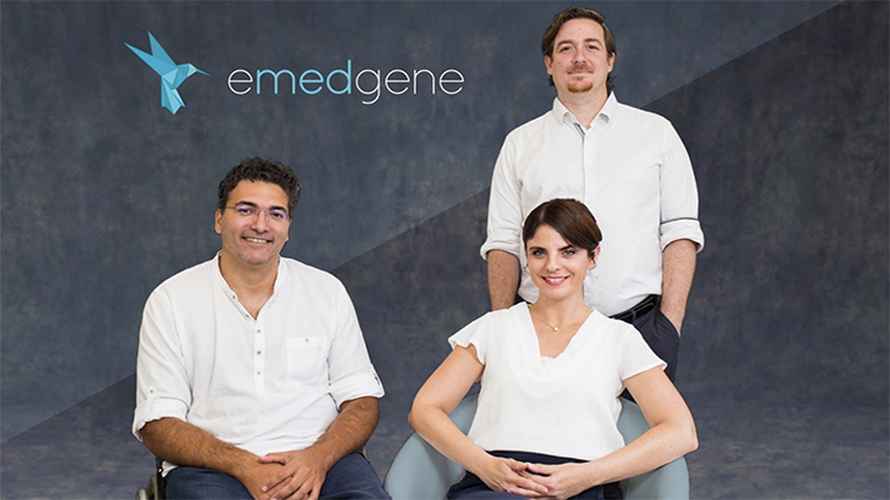Emedgene’s AI successfully reduces turnaround time by 75% on genomic analysis for Greenwood Genetic Center

Currently, there are around 5000 geneticists in the world, a small number taking into consideration the amount of time they have to spend researching for each patient. Although genetic sequencing is becoming easier and cheaper to perform, making sense of our genetic data is still largely a human effort, forming a bottleneck to the widespread adoption of genetic-based care.
Enter Emedgene, the world’s first completely automated genetic interpretation platform that’s using AI to dramatically scale genetic interpretation. While sequencing is becoming easier, interpreting results is a manual and lengthy research process that forms a bottleneck to the adoption of genetic-based care. Emedgene uses NLP to ‘read’ new genetic publications, and incorporate them into an always up-to-date knowledge base. They then run machine learning discovery algorithms that pinpoint pathogenic variants, for a clear path to clinical decisions. Clinical labs using Emedgene improve dry lab efficiency, reduce time spent on interpretation and reporting and increase yield without increasing headcount.
Research organizations using Emedgene have reduce time spent on interpretation, increase yield, and accelerate genomic discovery. One of those organizations is South Carolina-based Greenwood Genetic Center, a nonprofit institute centered on clinical genetic services.
The Greenwood team evaluated a dozen genomic analysis platforms according to a strict set of criteria, but only Emedgene was able to automatically solve a set of ten previously solved cases, some of which were intentionally complex. Using Emedgene ’s AI platform, Greenwood Genetic Center was able to slash turnaround times, improve diagnostic yield and return answers to patients faster. Emedgene’s platform automates much of the genomic analysis workflow, allowing Greenwood to reduce time-per-test by 75%.
“Emedgene was the only vendor able to automatically solve all 10 cases,” says Julie Jones, PhD, Greenwood’s Clinical Genomic Sequencing Program Director. “Other vendors’ prioritization algorithms were successful in roughly 30% of cases.”
Greenwood Genetic Center is actively investing in technology initiatives that faculty have deemed critical to improving patient care and remaining at the forefront of genomic medicine, with the ultimate goal of increasing diagnostic yield and ending the diagnostic odyssey for more patients. Their diagnostic lab offers an extensive menu of genetic tests, among others, diagnosing patients served by South Carolina’s Department of Disabilities and Special Needs.
Analyzing genetic tests, and in particular, exome tests, was a time consuming and labor-intensive effort performed by Greenwood’s highly skilled personnel. The analysis process required them to review dozens of variants. Specifically challenging was searching for recently discovered gene-disease connections in databases and the literature. Facing longer turnaround times, Greenwood’s lab directors set out to incorporate advanced technology that would help prioritize variants, provide access to an up-to-date database of gene-disease associations, and shorten analysis time.
Founded in 2015 by Einat Metzer, Niv Mizrahi, Ofir Farchy, and Shay Tzur, the Mazor, HaMerkaz, Israel-based Emedgene uses AI to automatically interpret genetic tests, so that health organizations can scale personalized care to wider populations.
Emedgene’s interpretable machine learning algorithms provide a short-list of causative variants, along with supporting evidence. The evidence includes current information curated from the literature using Natural Language Processing, as well as information from databases, animal models and pathways, providing a comprehensive – yet completely automated – review. “Emedgene’s machine learning simplifies the highly complex task of variant analysis, allowing us to handle more tests every day,” says Ray Louie, PhD, Assistant Director in the Center’s Molecular Diagnostic Laboratory.

